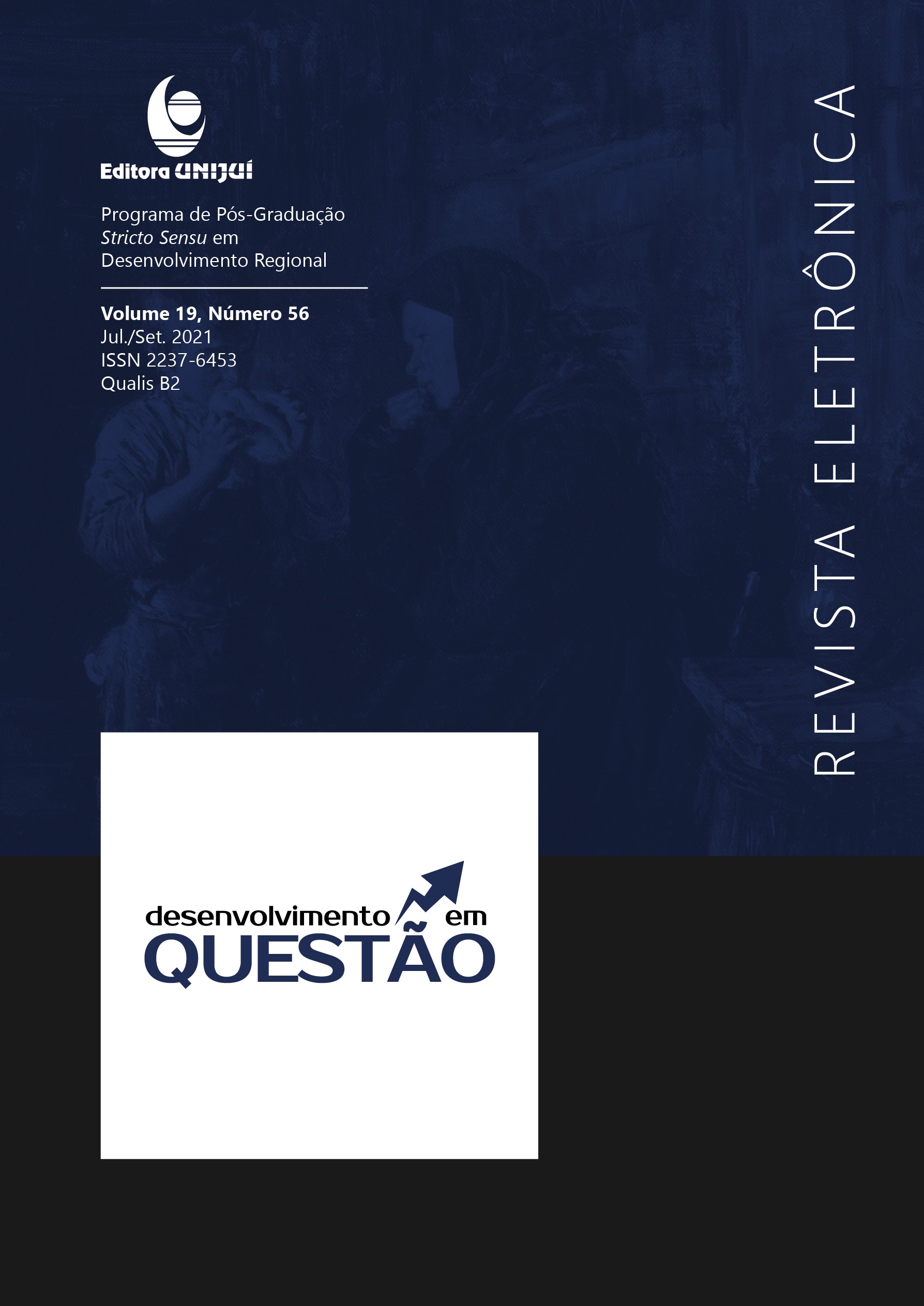Licenciamento Ambiental: as novas propostas para a sua (des)regulamentação em tramitação no Congresso Nacional
ENVIRONMENTAL LICENSING: THE NEW PROPOSALS FOR ITS (DE)REGULATION IN PROCESSING IN THE NATIONAL CONGRESS
DOI:
https://doi.org/10.21527/2237-6453.2021.56.9055Palavras-chave:
política ambiental, licenciamento ambiental, regulação, instituições, Congresso NacionalResumo
O trabalho se propõe a delinear a trajetória do licenciamento enquanto instrumento da política ambiental brasileira, à luz da noção de regulação estatal, extraindo daí elementos analíticos para se compreender a agenda reformista do Congresso Nacional relativa à matéria em discussão na legislatura encerrada em 2018. A partir de uma abordagem analítico-descritiva apoiada em levantamentos bibliográficos e documentais, verificou-se que as mudanças institucionais propostas são informadas por uma percepção do licenciamento ambiental como um processo excessivamente burocratizado que constitui um óbice ao desenvolvimento e se voltam na direção de sua simplificação, tendo em vista conferir maior celeridade à concessão de licenças. Ao final, conclui-se que as novas regras trazem, em seu bojo, o estreitamento das possibilidades de participação da sociedade no processo, bem como de órgãos intervenientes, e a aceleração do trâmite procedimental para a emissão de licenças, afetando o potencial de o instrumento cumprir efetivamente os propósitos delineados na política ambiental de prevenir e mitigar os impactos das atividades socioeconômicas sobre o meio ambiente.
Downloads
Publicado
Como Citar
Edição
Seção
Licença
Ao publicar na Revista Desenvolvimento em Questão, os autores concordam com os seguintes termos:
Os trabalhos seguem a licença Creative Commons Atribuição 4.0 Internacional (CC BY 4.0), que permite:
Compartilhar — copiar e redistribuir o material em qualquer meio ou formato;
Adaptar — remixar, transformar e criar a partir do material para qualquer fim, inclusive comercial.
Essas permissões são irrevogáveis, desde que respeitados os seguintes termos:
Atribuição — Atribuição — os autores devem ser devidamente creditados, com link para a licença e indicação de eventuais alterações realizadas.
Sem restrições adicionais — não podem ser aplicadas condições legais ou tecnológicas que restrinjam o uso permitido pela licença.
Avisos:
A licença não se aplica a elementos em domínio público ou cobertos por exceções legais.
A licença não garante todos os direitos necessários para usos específicos (ex.: direitos de imagem, privacidade ou morais).
A revista não se responsabiliza pelas opiniões expressas nos artigos, que são de exclusiva responsabilidade dos autores. O Editor, com o apoio do Comitê Editorial, reserva-se o direito de sugerir ou solicitar modificações quando necessário.
Somente serão aceitos artigos científicos originais, com resultados de pesquisas de interesse que não tenham sido publicados nem submetidos simultaneamente a outro periódico com o mesmo objetivo.
A menção a marcas comerciais ou produtos específicos destina-se apenas à identificação, sem qualquer vínculo promocional por parte dos autores ou da revista.
Contrato de Licença (para artigos publicados a partir de 2025): Os autores mantêm os direitos autorais sobre seu artigo, e concedem a Revista Desenvolvimento em Questão o direito de primeira publicação.











